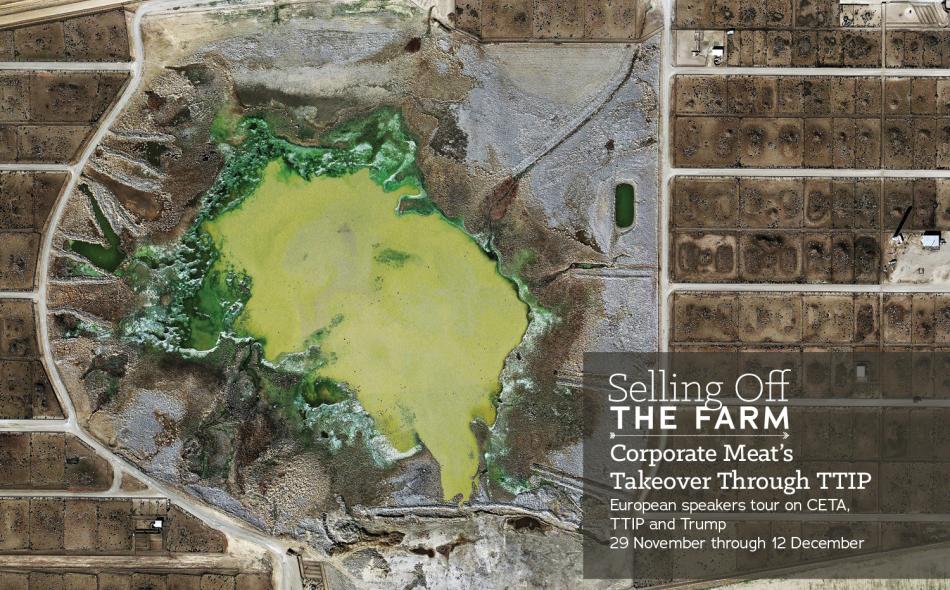
December 9th at 12:00am CST
Selling Off the Farm: Speakers tour on CETA, TTIP and Trump
Tour overview
Startling changes have taken place this year in the realm of governance. British citizens voted to leave the European Union, the United States elected Donald Trump for President—an outcome unimaginable for many of us. In Europe, as well as elsewhere, a wave of right wing leaders and parties are moving into positions of power or at least of prominence. In the midst of these political shifts is growing public disenchantment with the neo-liberal project and the free trade agreements that give transnational corporations more rights than governments. Disappointment in elected officials that promise greater equity, but act in favor of corporations; the increasing infringement on democratic processes by free trade treaties crafted for and with corporations—both of these sentiments have also, in part, contributed to these dramatic outcomes.
Another crisis of democracy is taking place right now in the European Parliament. Leaders of the European Parliament tried to push through a vote on the controversial EU-Canada Comprehensive Economic and Trade Agreement (CETA) recently—without a public debate or receiving opinions from important committees such as ENVI (environment) and EMPL (employment) about impacts of CETA on these issues. After a massive public outcry, the parliament had to back track and delayed the vote to February 2017 and agreed to accept the opinions of the two committees that were rightfully adamant about engaging in the CETA debate.
As Corporate Europe Observatory states in The great CETA swindle:
A record 3.5 million people across Europe signed a petition against CETA and its twin agreement TTIP (Transatlantic Trade and Investment Partnership). European and Canadian trade unions, as well as consumer, environmental and public health groups and small and medium enterprises (SMEs) reject the agreement. Constitutional challenges against CETA have been filed in Germany and Canada and the compatibility of CETA’s controversial privileges for foreign investors with EU law is likely to be judged by the European Court of Justice.
Once again—elected officials are failing to listen to their citizens. The ratification is also being fast tracked in the Canadian Parliament.
In the midst of this political context, IATP’s European office, together with European partners, launched a speaking-tour on CETA, TTIP and Trump starting 29 November in Brussels—the seat of the European Parliament. With meetings lined up with Members of the European Parliament (MEPs), followed by public events, press conferences and meetings with politicians in Germany, Hungary, France and Poland—the tour will highlight the critical problems with CETA and TTIP for European agriculture. Joining in this endeavor are other European organizations that have set up national level meetings and events to highlight the critical problem with the new generation of agreements such as CETA and TTIP and why they undermine democracy and hurt family farming.
The events start from analysis presented in Selling Off the Farm: Corporate Meat’s Takeover through TTIP (a joint effort of IATP, the Council of Canadians, Compassion in World Farming, German farmers’ organization AbL, and PowerShift, with additional analysis on CETA. IATP’s Sharon Anglin Treat and Shefali Sharma, the report’s co-authors, will explain why these treaties will further consolidate power in the hands of agribusiness and drive down further the prices paid to farmers that are already well below their cost of production.
At stake is the upcoming vote on CETA and the ratification of the treaty in European member states—the fate of CETA could help determine the fate of TTIP. A “Yes” to CETA may lead the Trump administration to reconsider its trade agenda with the EU. A “No” vote may actually put an end to the over-reach of these undemocratic treaties once and for all. It may enable us to create the much needed space for an open debate and thinking about the kind of trade system we want--a system that upholds social justice, environmental principles and the public interest. Will elected officials continue to turn a deaf ear to these critiques and continue to make space for right wing populist forces that promise a mirage of a different reality---or will they have learned their lesson?
See also the statement released by 450 organizations across Europe on CETA, 28th November.
Tour map
Tour schedule
Brussels, Belgium
Read our blog about this stop.
Tuesday, 29 November
11.30–12.30 | Michel Dantin, EPP vice-coordinator AGRI (bio) | European Parliament, Office 13E161
12.30–1.30 | Cross-party event at EP on trade deals given Trump election |
Wednesday, 30 November
8.30 | Paolo de Castro (bio) | European Parliament, Office ASP15G305
9.30–10.00 | Franc Bogovic, Slovenian EPP (bio) | European Parliament, Office ASP 09E246
12.45–13.15 | Meeting with the assistant of Mrs. Miriam Dalli, Ms. Incorvaja, Malta, S&D coordinator (Miriam Dalli bio) | Mickey Mouse Bar, Rue Wiertzstraat 60, 1047 Ixelles
14.00 | Czesław Adam Siekierski, EPP chair AGRI & Albert Dess, EPP coordinator AGRI (bio)
Berlin, Germany
Read our blog about this stop
Thursday, 1 December
10.00–11.30 | Press conference for the German launch of "Selling Off the Farm" and CETA | Albrechtshof Weinstube | Press release
11.30–12.00 | Press briefing | Albrechtshof Weinstube
13.00–14.00 | Meeting with Göppel, Alois Gerig, Chair AGRI committee (both CDU/CSU) (Göppel bio,Alois Gerig bio | Nähe unseres Büros - Zugang Unter den Linden 71, Berlin
18.00 | Public Event, Außenwirtschaftsforum | Landesvertretung Bremen, 10785 Berlin, Hiroshimastraße 24
BäuerInnen, Beschäftigte der Lebensmittelwirtschaft und VerbraucherInnen blicken mit Sorge auf die Freihandelsabkommen der EU mit den USA (TTIP) und Kanada (CETA). In einer neuen Studien zeig die Expertin Sharon Treat aus den USA, wie mit diesen Abkommen transnational agierende Agrarkonzerne gestärkt würden und der Wettbewerbsdruck auf die europäische Lebensmittelerzeugung weiter steigen würde. Die Studie zeig unter anderem wie der politische Spielraum für besseren Umwelt-, Gesundheits-, Arbeits- und Verbraucherschutz weiter eingeengt würde – insbesondere durch die neuen Mechanismen für die so genannte „regulatorische Zusammenarbeit“.
Droht für viele weitere Höfe das Aus? Werden die Arbeitsbedingungen in der Fleisch- und Lebensmittelmittelwirtschaft noch unmenschlicher? Drohen Gesundheits-, Tier- und VerbraucherInnenschutz im ruinösen Verdrängungswettbewerb geopfert zu werden? Vor welchen Herausforderungen stehen die Verhandlungen um TTIP mit Donald Trump? Oder ist alles halb so schlimm – und die Politik reagiert besonnen und zukunftsorientiert?
Darum geht es beim 12. zivilgesellschaftlichen Außenwirtschaftsforum in Berlin – informieren Sie sich, diskutieren Sie mit!
Programm:
Vorstellung der Studie „Ausverkauf der Landwirtschaft: Agrarkonzerne übernehmen das Ruder mit TTIP“:
- Shefali Sharma, Handels- und Agrarexpertin IATP Europe
Keynote:
- Sharon Treat, Beraterin IATP Europe, vormals Abgeordnete im Repräsentantenhaus des US-Bundestaats Maine
Gesprächsrunde mit:
- Bärbel Höhn, MdB, Vorsitzende des Umweltausschuss und frühere Landwirtschafts- und Umweltministerin NRW (Bündnis 90/Die Grünen)
- Wilhelm Priesmeier, MdB, Obmann im Ausschuss für Ernährung und Landwirtschaft (SPD) (tbc)
- Kees de Vries, MdB, Mitglied im Ausschuss für Ernährung und Landwirtschaft (CDU)
Martin Schulz, Schweineerzeuger und AbL-Bundesvorsitzender Moderation: Jürgen Maier, Geschäftsführer Forum Umwelt und Entwicklung 20:30 Uhr: Empfang Die Veranstaltung findet teils in englischer Sprache statt. Für Übersetzung ist gesorgt. Anmeldung erbeten an: http://www.iatp.org/AWF oder Marie-Kathrin Siemer
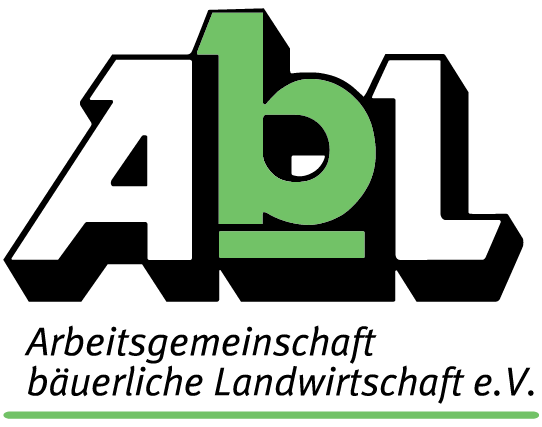

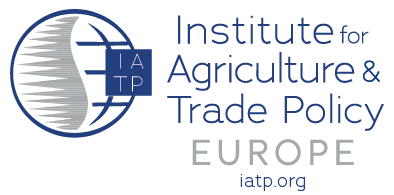
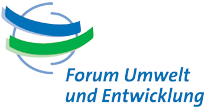
Friday, 2 December
11.00–11.30 | Matthias Miersch, SPD, Elvira Drobrinski-Weiss, Rainer Spiering, Karin Thiessen (Miersch bio, Drobrinski-Weiss bio, Spiering bio, Thiessen bio) | JKHE433, exit W68
Budapest, Hungary
Monday, 5 December
13.00–14.00 | Press conference
Paris, France
Tuesday, 6 December
11.00–13.00 | Parliamentary event hosted by French MP Jean-Paul Chanteguet, Président de la commission du développement durable et de l'aménagement du territoire (bio)
Ljubljana, Slovenia
Wednesday, 7 December
13.00–16.00 | Meetings with Ministry of Agriculture
Warsaw, Poland
Thursday, 8 December
11.00–12.30 | Meeting with representatives of the polish farmers organization, (NSZZ RI “Solidarno
12.00–13.00 | Press conference with representatives of unions and press
15.00–16.30 | Meetings with Mirosław Maliszewski, Vice President of AGRI and Rural Areas Committee, President of the Polish Working Union (bio) | Sejm
18.00 | Meeting with the NGOs IFOAM, CIWF, Ecological Farmers Union, members of dialogue group on organic farming, other contacts from Nyéleni | IGO, ul. Noakowskiego - 18-21
Tour partners

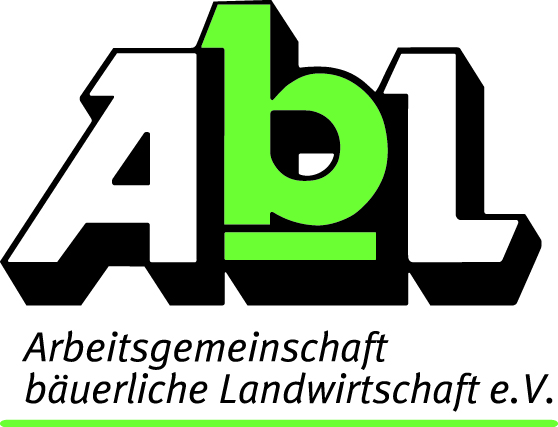


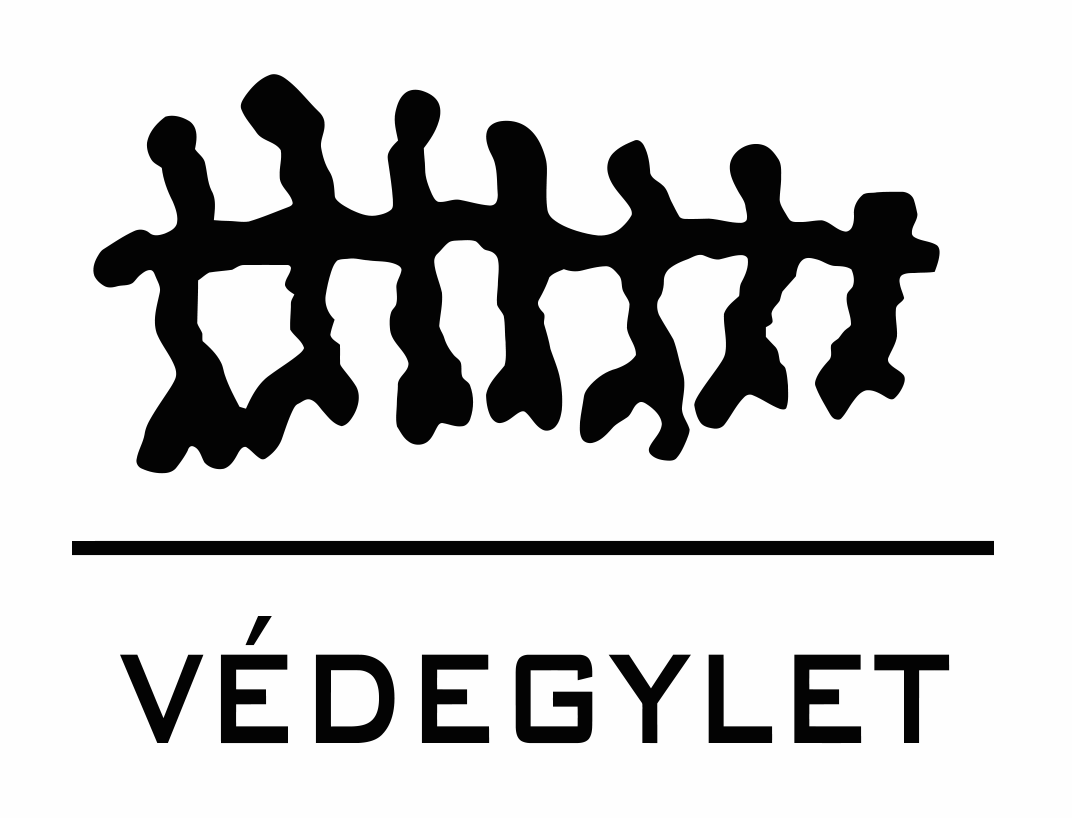
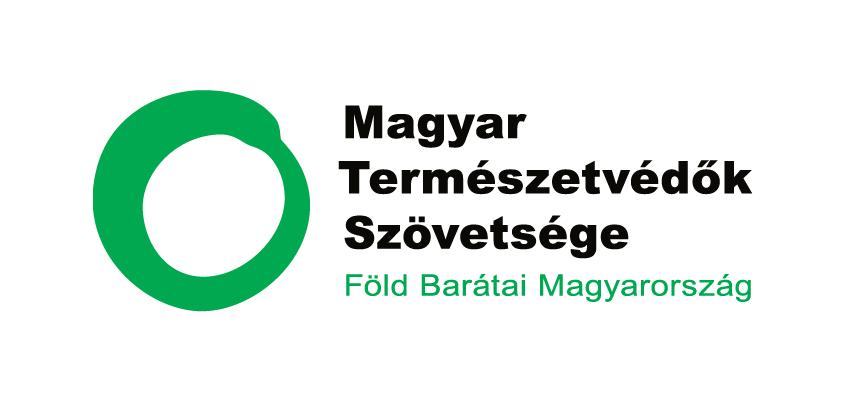
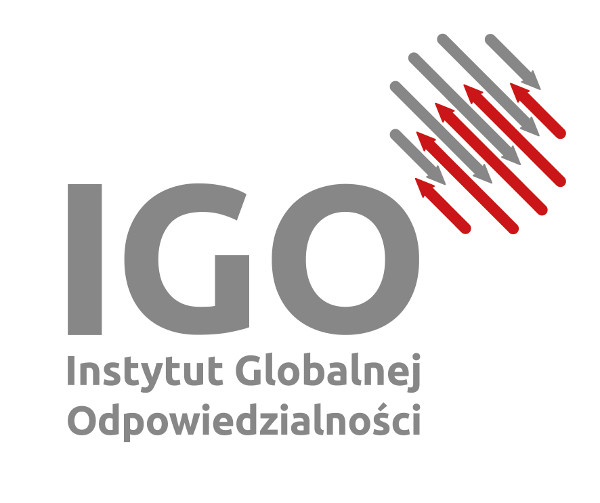



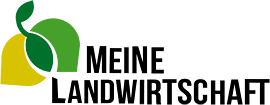

Tour overview
Tour speakers
Sharon Treat
Senior Analyst, Institute for Agriculture and Trade Policy
 Sharon Anglin Treat is a lawyer and public policy analyst. Current work focuses on the intersection of environmental, food and public health policy and international trade agreements. Recent papers include “Preempting the Public Interest” for the Center for International Environmental Law on U.S. states’ chemical and pesticide laws and regulations, and papers for the Institute for Agriculture and Trade Policy on state-level food labeling laws and “Selling Off the Farm” on trade and industrialized meat.
Sharon Anglin Treat is a lawyer and public policy analyst. Current work focuses on the intersection of environmental, food and public health policy and international trade agreements. Recent papers include “Preempting the Public Interest” for the Center for International Environmental Law on U.S. states’ chemical and pesticide laws and regulations, and papers for the Institute for Agriculture and Trade Policy on state-level food labeling laws and “Selling Off the Farm” on trade and industrialized meat.
A former Maine legislator, Treat served 11 terms and held leadership positions including Senate Majority Leader, and chaired committees in both the House and Senate including the Joint Standing Committees on Judiciary; Environment and Natural Resources; Insurance and Financial Services; and Health and Human Services.
A member of the Intergovernmental Policy Advisory Committee (IGPAC) to the U.S. Trade Representative and of the Maine Citizen Trade Policy Commission, Treat has presented many times to trade negotiators concerning access to health care, tobacco policy, and environmental protections. She authored Maine Public Law Ch. 385 (2009), “An Act To Require Legislative Consultation and Approval Prior to Committing the State to Binding International Trade Agreements.”
Treat has practiced law with environmental organizations, in state government and in private practice, and taught environmental law at Maine Law School and several colleges. She was coordinator of the Environmental Studies Program at Colby College from 2000-2004, and from 2004-2014 was Executive Director of the National Legislative Association on Prescription Drug Prices. Treat has an A. B. degree from Princeton University’s Woodrow Wilson School of Public and International Affairs and graduated with honors from Georgetown University Law Center.
Read her latest report on TTIP, Regulatory Cooperation and Meat Production.
Shefali Sharma
Director Institute for Agriculture and Trade Policy, IATP Europe
 Based in Berlin, Germany, Shefali's work is currently focused on the Global Meat Complex. From the companies who dominate the global production of feed grains to meat processing and retail, her work focuses on agriculture and trade policy rules that impact food security and economic justice.
Based in Berlin, Germany, Shefali's work is currently focused on the Global Meat Complex. From the companies who dominate the global production of feed grains to meat processing and retail, her work focuses on agriculture and trade policy rules that impact food security and economic justice.
Shefali has published many reports and articles on the effects of international trade rules on food rights and developing countries, climate change and agriculture and international financial institutions’ accountability towards environmental and human rights.
She started the Institute for Agriculture and Trade Policy’s Geneva office in 2000 and led the Trade Information Project for several years. She has also worked with other NGOs, such as the Malaysia-based Third World Network and served as the South Asia Coordinator of the Bank Information Center, based in Delhi. Shefali has an MPhil in development studies from the Institute of Development Studies (IDS) in Sussex and a Bachelor of Arts in anthropology from the College of William and Mary in the U.S.
Sujata Dey
Council of Canadians
 Sujata Dey is the lead trade Campaigner at the Council of Canadians, Canada's leading social organization with over 100,000 members known for its work on trade agreements. Its chair, Maude Barlow, is a renowned anti-globalization activist. Ms. Barlow was pivotal in fighting Canada's first free trade agreement with the U.S, the ballot box issue of the 1988 election.
Sujata Dey is the lead trade Campaigner at the Council of Canadians, Canada's leading social organization with over 100,000 members known for its work on trade agreements. Its chair, Maude Barlow, is a renowned anti-globalization activist. Ms. Barlow was pivotal in fighting Canada's first free trade agreement with the U.S, the ballot box issue of the 1988 election.
Ms. Dey coordinated the Food Safety, Agriculture and Regulatory Cooperation in the Canada-EU Comprehensive Economic and Trade Agreement report by the Council of Canadians and other groups. Recently, Ms. Dey has been active with Ms. Barlow in lobbying against CETA, the EU-Canada deal, and the TPP, the Pacific deal, at the European Parliament, the Canadian Parliament, and in national parliaments all over Europe. Ms. Dey also writes for Huffington Post on trade, and regularly comments on trade agreements.
Ms. Dey has 20 years of experience in NGOs having been the executive director of an organization and having worked on public policy within women's groups. With a communications background, she has also worked as a freelance journalist, in media relations and as a political aide at the City of Montréal. Ms. Dey has an MBA from HEC-Montréal, a Bachelor of Journalism and Political Science from Carleton University and a Cerficat en rédaction from the University of Montréal.
Read new report on Food Safety, Agriculture and Regulatory Cooperation.
Reports and other resources
English version
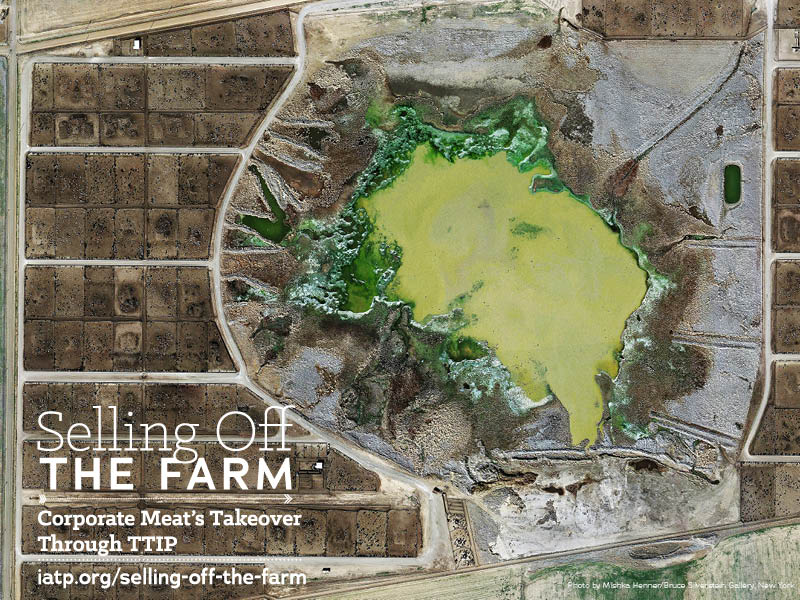 Download the report in English.
Download the report in English.
German translation
 Download the report in German / Den Bericht auf Deutsch herunterladen
Download the report in German / Den Bericht auf Deutsch herunterladen
Press release for the German translation
Hungarian translation
Download the report in Hungarian / Töltse le a jelentést a magyar
Press release for the Hungarian translation
Polish translation
Download the report in Polish / Pobierz raport w języku polskim
